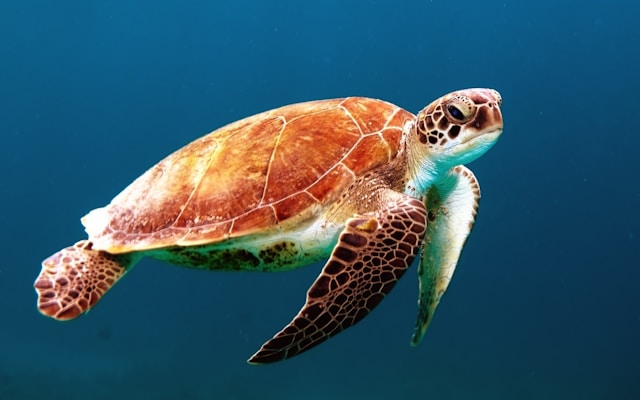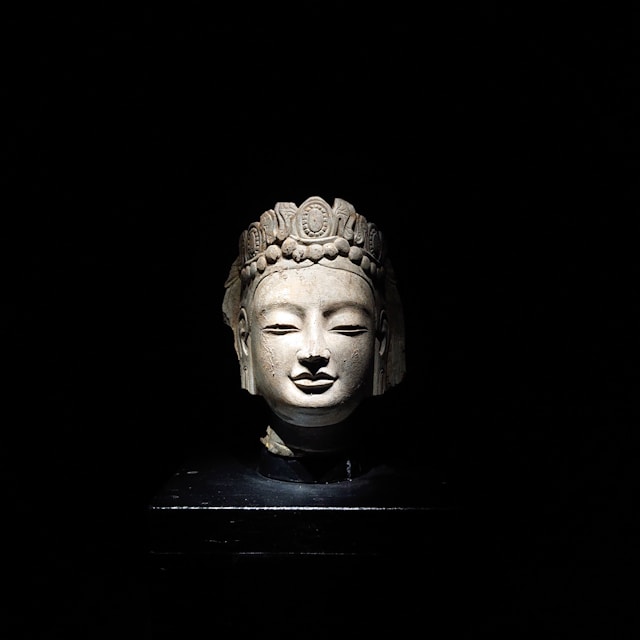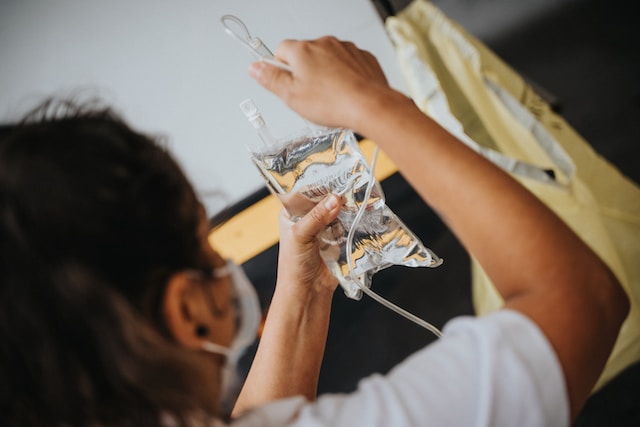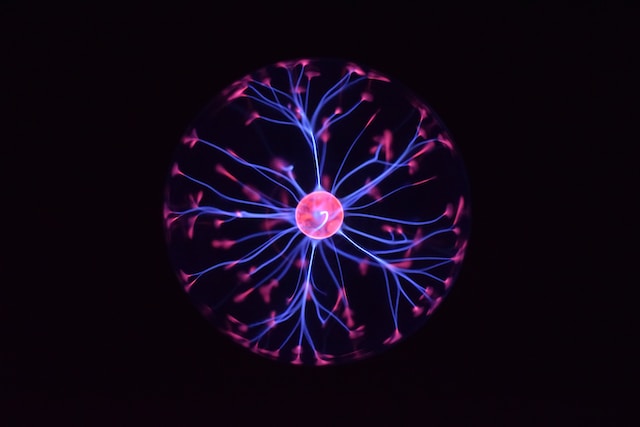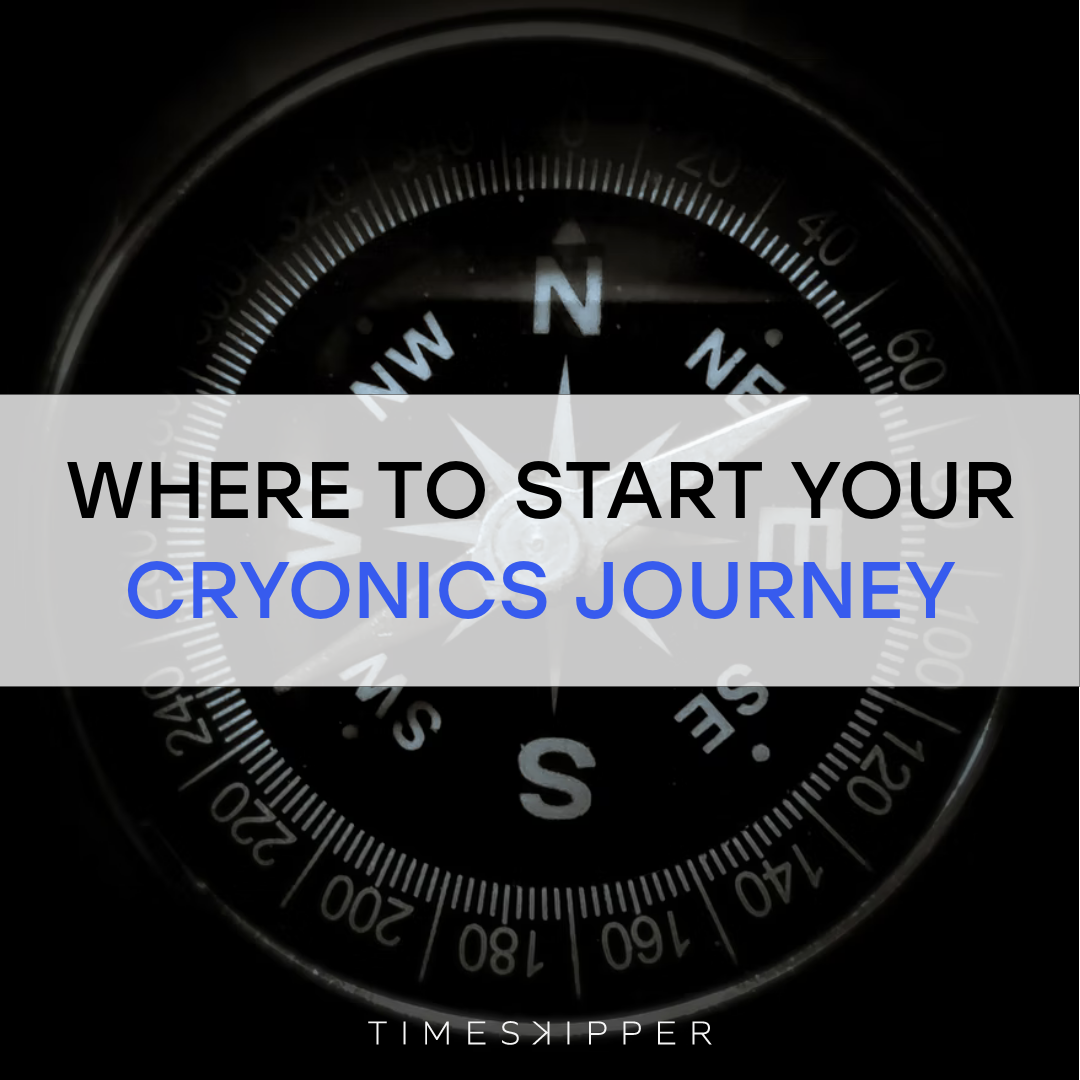The practice of cryonics has gathered much momentum over the past few decades. What started as a crude preservation of people on dry ice, has turned into something sophisticated and polished. With that, the number of people signing up for cryopreservation has also grown. The process of signing up, although not complicated, involves a generous amount of paperwork. Through this article, we have attempted to provide insight into the different kinds of documents that are to be executed, and their contents.
Why all the paperwork?
The starting point to sign up for cryopreservation, like for anything else, is entering into a contract with the cryonics service provider. While entering into a contractual agreement, it is imperative that the parties involved agree to the same thing in the same sense – consensus ad idem. Failing this, the cryopreservation will have to be terminated for lack of informed consent, as occurred in the case of Sylvia Graham. Over the years, all the cryonics service providers have come up with a solid framework, and require applicants to enter into a comprehensive set of agreements.
Cryonics organisations around the globe
The five premier cryonics service providers are the Alcor Life Extension Foundation (Alcor) and the Cryonics Institute (CI) in the United States, KrioRus in Russia, Tomorrow Biostasis in Germany, and Shandong Yinfeng Life Science Research Institute (Yinfeng) in China. There are organisations around the world which provide cryonics help services and research such as European Biostasis Foundation; Cryo Suisse in Switzerland; Cryonics Germany provides also neuro cryopreservation; Dutch Cryonics Organisation provides standby and transportation services to cryonicists in the Netherlands; Cryonics UK, in the United Kingdom acts as a source of information for potential cryonics patients, medical service providers, regulatory bodies, media and the general public. Additionally, they also provide emergency standby services for which they charge for, on a case-to-case basis, and cover their operational costs using membership fees. In Australia, the Cryonics Association of Australia provides assistance to its members in making cryopreservation arrangements with US cryonics service providers. Another up-and-coming cryonics service provider, Southern Cryonics, is set to be the first cryopreservation storage facility in Australia. Check out the full list of cryonics associations around the world that can be useful to you when organising your cryopreservation.
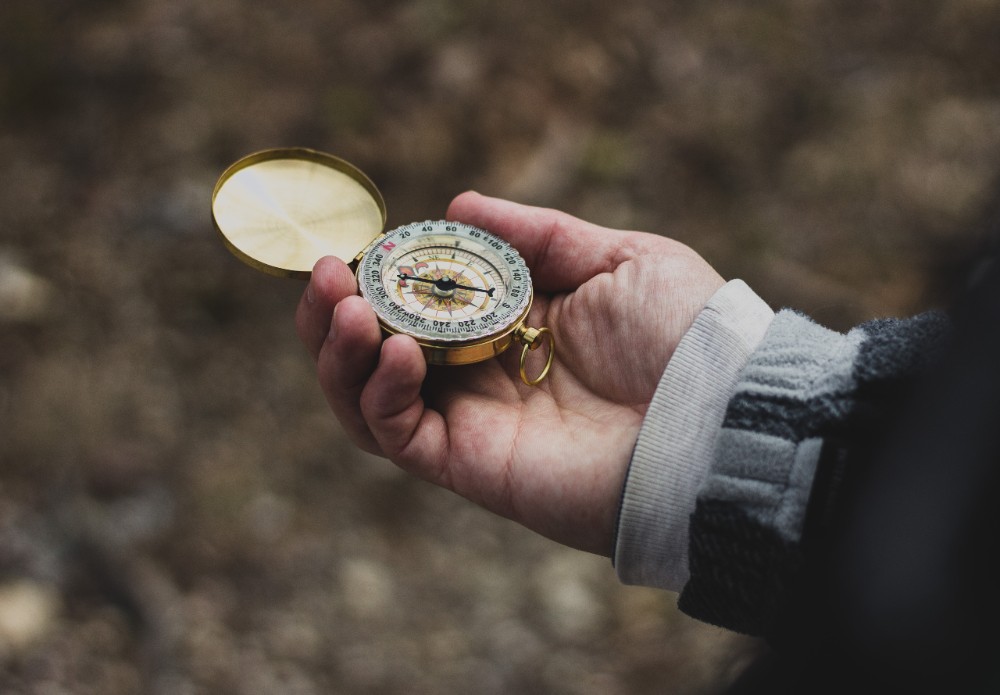
All these service providers and associations have their own registration process. However, this article has drawn samples from Alcor and Cryonics Institute due to extensive availability of their documents in the public domain.
These documents are to be executed by the Applicant to communicate their consent and intention. The documents are to be attested by two witnesses who are not relatives of the Applicant. Their attestation will be useful to defend any legal challenges that may crop up in relation to the particular cryopreservation.
Membership application
Before entering into any agreements with service providers, the Applicant is required to submit an application to become a member of their desired cryonics organisation. This can be done by filling out a standard application form, usually available on the website of the service provider. Alcor has a single application form which requires the prospective member’s personal details, mode of cryopreservation, method of funding both the cryopreservation and annual membership, along with information regarding the Applicant’s health and medical history. The Application fee is charged at $300 for a first-time family member. The Cryonics Institute has different application forms, either for a lifetime membership or an annual membership, which only requires the Applicant’s personal details.
Cryopreservation agreement
Upon acceptance of the application, the first and the foremost piece of paperwork that a member is required to sign is a cryopreservation agreement. This agreement will be between the member and the chosen cryonics service provider.
Alcor’s Cryopreservation Agreement and the Cryonics Institute’s Cryonic Suspension Agreement contain a variety of clauses, enumerating the mutual obligations of both parties. The terms of this agreement include the payment of the fee. The member will be required to indicate the mode of payment and agree to provide periodical proof of this being adequate and still in effect. It necessitates true and full disclosure of the member’s health and medical records.
The service provider on the other hand, agrees, to the best of their knowledge and ability, to carry out prompt cryopreservation procedures, perfusion and maintenance of the member’s human remains under cryogenic temperatures until such time the person can be resuscitated. However, through representations and warranties, the service provider seeks to limit their liability with regards to the patient’s cryopreservation revival. By signing this agreement, the member conveys that they understand this is not a certainty, and the service providers limit their liabilities with regards to any risk surrounding the procedure adopted for revival.
Lastly, the agreement also allows for cancellation of the cryopreservation, which is valid only if done by the member and not anyone on their behalf. Upon cancellation, the funds will be returned to the member. Alcor requires an additional Life Insurance or Annuity Buy-Back agreement to be executed for this purpose. The agreement also allows for termination of the member’s cryopreservation in case of misrepresentations or failure to fulfil their duties as per the agreement.

Apart from the Cryopreservation Agreement, there are three other documents that a member signing up with Alcor is required to execute. One of these is an addendum to the Cryopreservation Agreement which requires the member to make certain decisions regarding their cryopreservation. The other two accompanying documents are:
- Last Will and Testament for Human Remains and Authorisation of Anatomical Donation: Through this document, the member declares and authorises Alcor to be the sole custodian of the Member’s human remains upon their legal death. By executing this document, the member is directing that their body be immediately delivered, without any embalming or autopsy. It also authorises Alcor to obtain complete custody of the human remains, overcoming any legal challenges posed.
- Consent for Cryopreservation: This document is used to convey the Member’s understanding of cryonics and the uncertainty of its success, along with their desire to be cryopreserved. By signing this document, the member also consents to the risk of injuries caused by various procedures implemented in the process of cryopreservation.
International members signing up with Alcor must execute a Disclaimer document through which they accept and acknowledge the risks associated with the transportation of their body to Alcor’s facility in the US, and also those arising out of legal objections by the Member’s country of residence.
Cryonics Institute requires its members to execute a Uniform Donor Form, through which they agree to make an anatomical gift of their human remains to be cryopreserved by CI after legal death. In addition to this, an affiliate of the member is required to execute a Consent Release form, through which they authorise and declare that after legal death the member’s body shall be delivered to CI for cryopreservation. It also prohibits the making of any substitute or alternative donations of the member’s human remains.
The German-based cryonics service provider, Tomorrow Biostasis, makes arrangements for long-term cryopreservation and maintenance with the European Biostasis Foundation. They have a three-step process:
- Signing up on the Tomorrow Biostasis website by filling out general and payment information
- Signing the Biostasis Contract
- Filling out the term life insurance form
Although the Cryopreservation Agreement forms the basis for the whole procedure, there are some additional documents to be executed. These documents are discussed below.
Standby arrangements
Optimum cryopreservation requires preliminary procedures to be administered immediately upon a member’s legal death. To ensure this, service providers deploy a team trained specifically in preliminary procedures to “stand by” the member who is in critical condition and whose death has been anticipated. Therefore, members are required to fill in paperwork to ensure this as well.
Alcor provides a Comprehensive Member Standby (CMS) service to all its members in the US and Canada. Members are required to indicate their preferred option in the Emergency Standby Provisions addendum, and subsequently sign the Payment Authorisation Form. For members elsewhere, this will be provided on the basis of a separate contract, on an individual basis.
The Cryonics Institute, on the other hand, provides an optional standby service through Suspended Animation Inc. To avail this, the member will have to complete the Suspended Animation Local Help Rider attached to the Cryonic Suspension Agreement. This stipulates the obligations of Suspended Animation Inc. towards the CI member. It also details the allocation of funds paid by the member between CI and Suspended Animation Inc. In addition to this, the member must also enter into the Individual Agreement Regarding Standby-Transport for a Cryonics Institute Member by Suspended Animation Inc., which stipulates the general obligations of the two parties to one another.
The services provided by Suspended Animation Inc. are limited to the United States. For members overseas, the Local Help Rider can be used to fund the transportation as well as the cost of the funeral director. Anything above the minimum required funding will be used to pay for these services. CI recommends its overseas members to allocate up to $15,000 above the required minimum.
Relative’s agreement
This document, albeit optional, is crucial in protecting one’s cryopreservation arrangements from potential legal challenges by relatives. Alcor’s Relative’s Affidavit and CI’s Next of Kin Agreement are executed between the member’s relative/next of kin and the service provider. It outlines that the relative executing it is aware of the member’s decision to be cryopreserved and renounces all claims to any estate or monies that have been earmarked by the member to fund their cryopreservation.
Associate membership
This is a provision made by Alcor for those who are not sure about signing up for cryopreservation, but are interested in financially supporting the organization in furthering its objective. This can be done by filling out the Associate Membership form, and paying a yearly fee of $60. Associate members will have access to Alcor’s discussion groups and will receive copies of the Cryonics Magazine.
Another option open to members who have not yet decided on whether they want to be cryopreserved is to execute a “Declaration of Intent”. This can be used by others they know to sign them up for cryopreservation, when the time comes. The Declaration of Intent agreement however does not itself constitute a contract for cryopreservation.
CI’s version is the Cryonic Storage Agreement which comes into play when a CI Member dies without a signed contract and funding. This is a contract signed by the next of kin of either a member or a non-member to provide funding after the member/non-member’s death.
Signing up in the case of minors
In the case of minors (generally below 18 years of age) desiring to be cryopreserved, the minor’s guardians who have legal custody will sign the cryopreservation agreement on their behalf. This is because a minor is not legally competent to enter into a contract. This agreement should be accompanied by a document affirming the minor’s intention to be cryopreserved. Alcor, for instance, requires minor-members to sign a Declaration of Intent to be Cryopreserved, affirming their desire to be maintained cryonically upon death, in the hope of eventual reanimation.
In 2016, a 14-year-old girl in the UK successfully persuaded the Court to grant her wish to be cryopreserved and her mother was granted the responsibility to make arrangements in the best interest of her daughter. However, since she was a minor, her mother, being the legal guardian, had to execute the documents on her behalf.
Avoiding autopsies
Autopsies are detrimental to cryopreservation as it has the potential to damage tissues and other parts of the human remains, thus should be avoided for optimum cryopreservation. This is more crucial in the case of those who meet their legal death at a younger age, as they are less likely to die under natural circumstances. The states of California, Maryland, New Jersey, New York, and Ohio in the US have a statute, the “Religious Objection to Autopsy”, through which autopsy can be prevented, on the grounds of religion or belief. This can be done by obtaining the certificate of religious belief and delivering original copies to the cryonics service provider.
Pet cryopreservation
All of the three premier cryonics service providers offer pet cryopreservation. However, their policies regarding this slightly vary. Cryonics Institute allows anyone, regardless of them being a member or not, to use this service by signing the Pet Cryonic Storage Agreement. Alcor, on the other hand, only provides this service to their members. Their costs depend on the size of the animal, along with other factors. KrioRus also provides pet cryopreservation, charging on an individual basis after considering a number of aspects, such as the species of the animal, distance from the residence to the cryonics facility, etc. They currently have a number of dogs, cats, birds, hamsters, rabbits and a chinchilla cryopreserved.
Miscellaneous documents
- Alcor has an Advance Directive and Medical Power of Attorney, the execution of which will authorize someone on behalf of the member to make decisions as to medical treatment when the member themself is unable to do so. This is used to ensure that procedures detrimental to cryopreservation will not be implemented. This agreement is, however, applicable only to US members.
- Members can also enter into a Memorabilia Storage Agreement to store their personal effects during their cryopreservation. These include letters, DVDs, and the like. Cryonics Institute requires their members to execute a Memorabilia Storage Agreement. This can be completed by making an upfront, non-refundable payment of $1000 in cash. Alcor provides one box free of charge, and charges $250 for each additional box.
To sum up
Signing up for cryonics does involve extensive paperwork, but all this is to ensure that the person being cryopreserved is protected from potential legal and financial challenges, and their cryopreservation from being disrupted. Since the process has not yet led to a definite result, it becomes imperative that the person opting for it does so only after understanding all the underlying risks and uncertainties.
Access all the sample documents used by Alcor here, and those used by Cryonics Institute here.


